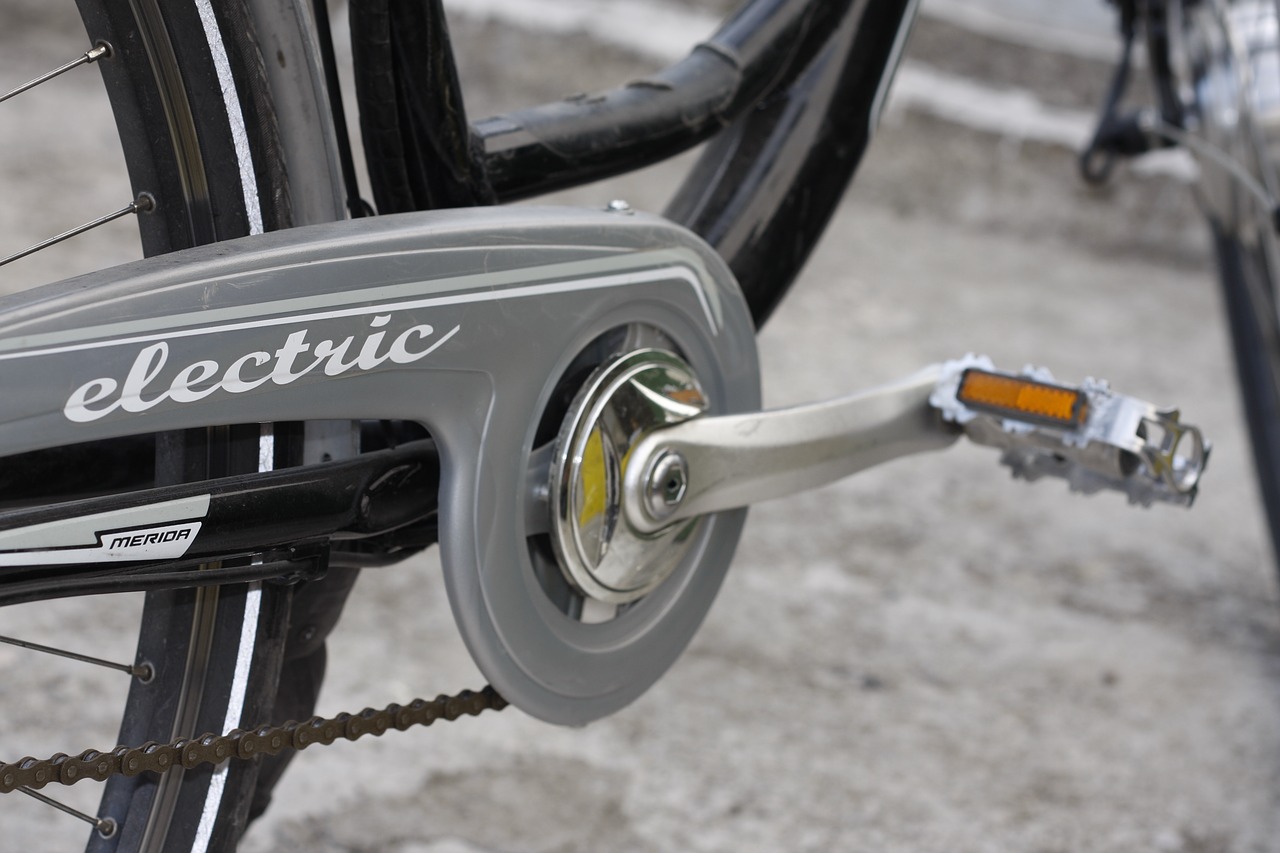Tell me more
Electric Vehicles (EVs) - such as cars, motorcycles and vans - encompass any vehicle that uses electricity as its source of power and is not just reliant on petrol or diesel.
There are several types of Electric Vehicles (EVs) currently available which are powered in different ways:
- Hybrid: a hybrid vehicle is powered both by electricity and an internal combustion engine (or “ICE”) which relies on fossil fuels (i.e petrol or diesel). Cars referred to as a Hybrid (or Self-Charging hybrid), have a battery that charges itself when the car brakes (called “Regenerative Braking”) - a feature which is also found on fully electric vehicles. A Plug-in Hybrid Electric Vehicle - or “PHEV” relies on an external power source to charge the battery.
- Fully electric: also referred to as “Pure-Electric” or “BEV” (Battery Electric Vehicle), this type of EV uses only electricity to run which it gets from a cabled power source. It has no internal combustion engine that can cause toxic emissions. This type is more environmentally-friendly than a Hybrid because there are no emissions, but for maximum green points, the electricity must be from renewable sources.
- Hydrogen: An emerging player in the EV space is the Hydrogen Electric Vehicle. Only a couple of manufacturers currently produce hydrogen cars which are powered through a process of combining hydrogen and oxygen. More about the different types of Electric Vehicles including a tool that advises which could be the best choice for you can be found on the Go Ultra Low website.



